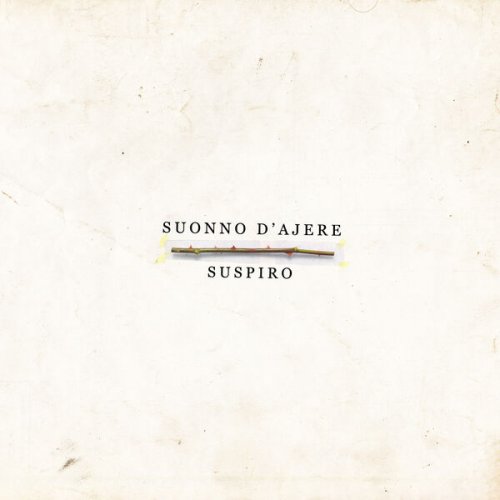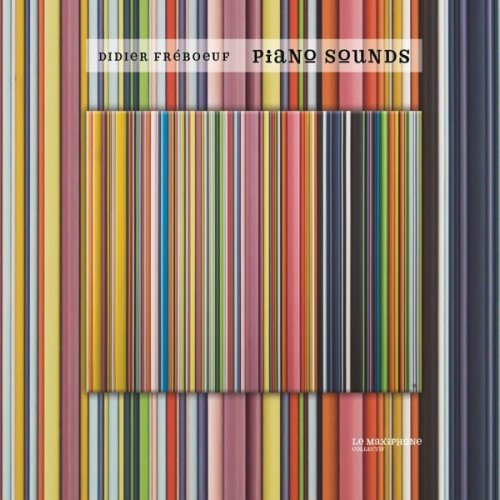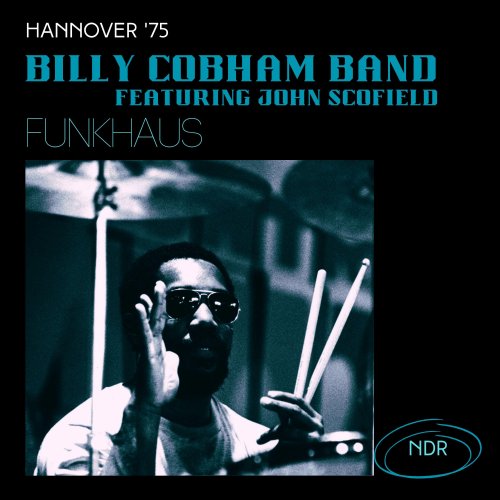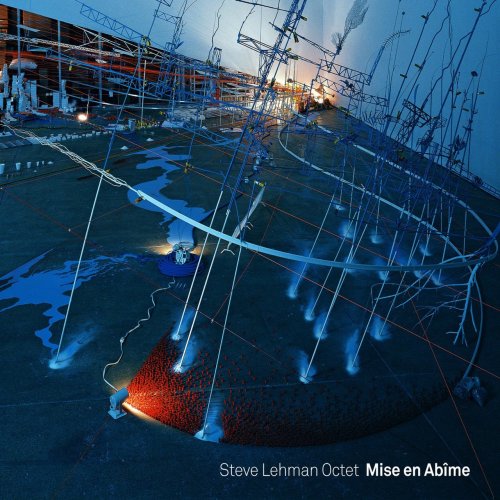Heather Schmidt - Fanny Mendelssohn: Piano Sonatas and Pieces (2010)
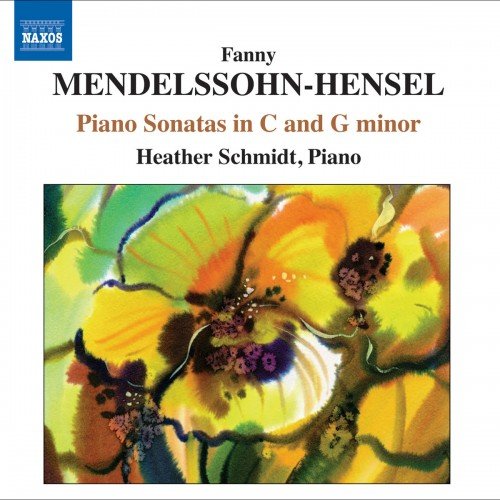
Artist: Heather Schmidt
Title: Fanny Mendelssohn: Piano Sonatas and Pieces
Year Of Release: 2010
Label: Naxos
Genre: Classical
Quality: FLAC (tracks+.cue,scans)
Total Time: 01:07:25
Total Size: 324 Mb
WebSite: Album Preview
Tracklist: Title: Fanny Mendelssohn: Piano Sonatas and Pieces
Year Of Release: 2010
Label: Naxos
Genre: Classical
Quality: FLAC (tracks+.cue,scans)
Total Time: 01:07:25
Total Size: 324 Mb
WebSite: Album Preview
Fanny (Mendelssohn) Hensel (1805—1847)
01. Allegro molto in C minor, H. 413 (1846) [03:26]
02. Notturno in G minor, H. 337 (1838) [04:42]
03—05. Piano Sonata in C minor, H. 128 (1824) [13:45]
06. Lied in E-flat major, H. 456 (1846) [07:11]
07—10. Piano Sonata in G minor, H. 395 (1843) [17:40]
11. Adagio in E-flat major, H. 396 (1843) [03:53]
12. Andante con moto in E major, H. 452 (1846) [05:43]
13. Sonata o capriccio in F minor, H. 113 (1824) [07:01]
14. Allegro molto agitato in D minor, H. 103 (1823) [01:46]
15. Schluss in C major, H. 88 (1823) [02:18]
Performers:
Heather Schmidt (piano)
The past three decades have seen a slow but steady discovery of Fanny Mendelssohn-Hensel's extensive solo piano output. Listen to this remarkable music without knowing the composer's identity, and you might guess Fanny's younger brother Felix, although her idiomatic keyboard mastery charts darker, Schumann-esque waters and also looks ahead to Brahms. Some of Fanny's adventurous harmonic forays are pure César Franck, albeit 30-odd years before that composer's heyday.
Heather Schmidt's Mendelssohn-Hensel recital presents a well-contrasted selection of works in large and small forms. My Schumann comment applies to the swirling and intense C minor Allegro molto that opens this disc. If Brahms had rewritten a Felix Mendelssohn Song Without Words in the manner of his own late-period Klavierstücke, he'd come up with Fanny's G minor Notturno, while the D minor Allegro molto agitato's Bachian demeanor and gothic octaves (effortlessly executed by Schmidt, incidentally) suggest Busoni in embryonic form.
The three-movement C minor sonata oozes melodic inspiration in every bar, especially in the slow movement's moving introspection and modulations that give Schubert a run for his money. Although Schmidt plays this movement as a true Andante con moto and with little rubato, would a slower, freer approach make a stronger expressive impact? On the other hand, she fully comprehends the four-movement G minor sonata's inherent power and passion, and delivers more dynamically charged renditions of the Allegro molto agitato and Adagio movements than the equally fluid yet more restrained Beatrice Rauchs on BIS.
Schmidt matches Rauchs' delicacy in the gorgeous Scherzo at nearly twice the basic tempo--a good call. However, Rauchs' supple, forward-moving Presto finale scores over Schmidt's slower, slightly square-toed approach. All told, this is a valuable addition to the Mendelssohn-Hensel piano discography. -- Jed Distler
Heather Schmidt's Mendelssohn-Hensel recital presents a well-contrasted selection of works in large and small forms. My Schumann comment applies to the swirling and intense C minor Allegro molto that opens this disc. If Brahms had rewritten a Felix Mendelssohn Song Without Words in the manner of his own late-period Klavierstücke, he'd come up with Fanny's G minor Notturno, while the D minor Allegro molto agitato's Bachian demeanor and gothic octaves (effortlessly executed by Schmidt, incidentally) suggest Busoni in embryonic form.
The three-movement C minor sonata oozes melodic inspiration in every bar, especially in the slow movement's moving introspection and modulations that give Schubert a run for his money. Although Schmidt plays this movement as a true Andante con moto and with little rubato, would a slower, freer approach make a stronger expressive impact? On the other hand, she fully comprehends the four-movement G minor sonata's inherent power and passion, and delivers more dynamically charged renditions of the Allegro molto agitato and Adagio movements than the equally fluid yet more restrained Beatrice Rauchs on BIS.
Schmidt matches Rauchs' delicacy in the gorgeous Scherzo at nearly twice the basic tempo--a good call. However, Rauchs' supple, forward-moving Presto finale scores over Schmidt's slower, slightly square-toed approach. All told, this is a valuable addition to the Mendelssohn-Hensel piano discography. -- Jed Distler
